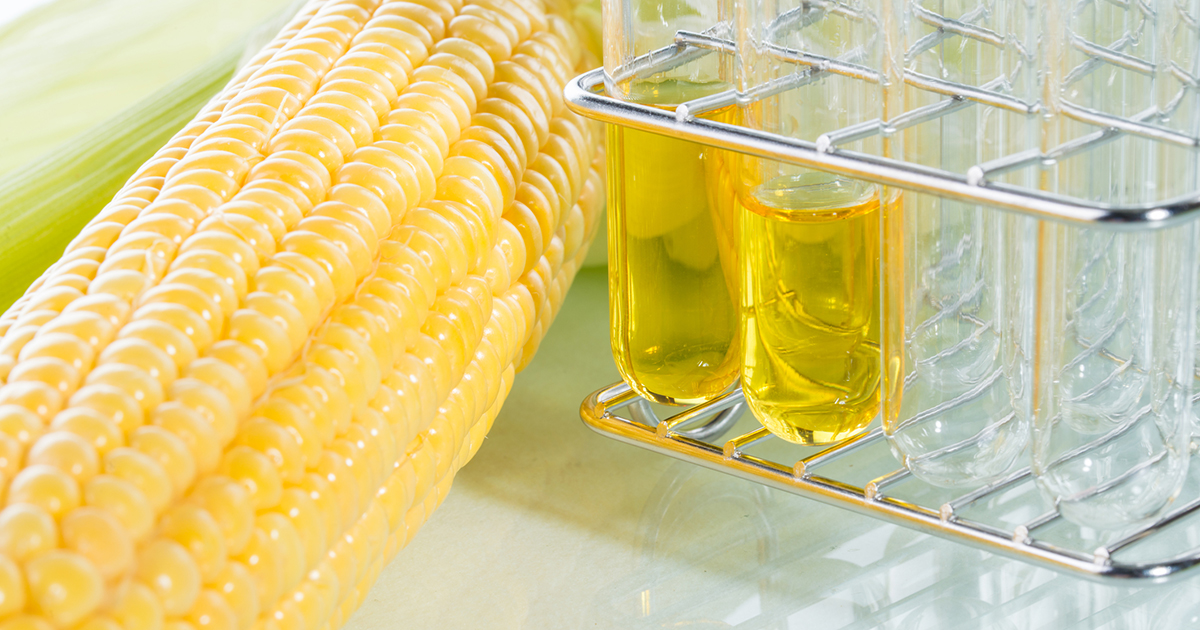Food Colorings & Ingredients To Avoid In Processed Foods
Potassium Bromate

Potassium bromate is a chemical commonly used in the production of bread. It is used to make the dough easier to handle and to make it rise higher. While the U.S. has taken no known steps to remove the chemical from bread production, and with many entities claiming it is completely safe, Canada, the United Kingdom, the European Union, and Brazil have all banned the chemical as it is likely linked to cancer. The International Agency on Research for Cancer found a strong potential for carcinogenic behavior in potassium bromate. This research was conducted in 1999, and as an initial survey of the matter, it did not find specific types of cancers, particularly vulnerable groups of people or amounts of the chemical that is more likely to cause cancer. Unfortunately, little research has been done since this, and we still do not have any more details on the matter. Coincidentally, nothing has challenged the study's findings, which concluded that the chemical, when used in bread products, is a possible carcinogen for human consumption.
High Fructose Corn Syrup

High fructose corn syrup is one of the most ubiquitous types of manufactured sugar added to food and drink products. This sweetener is derived from corn and processed as a preservative and flavor-enhancer. Large amounts of the substance, such as are found in a small cup of any soda, change glucose levels in the body. As such, a large quantity of it can be dangerous for diabetics and a risk factor of pre-diabetes for anybody. The link to this substance and diabetes is predominantly due to the substance's action of producing fat. It produces fats that dramatically increase a food's calorie count, and the body quickly stores these fats making them extremely difficult to burn off. As such, the intake of high fructose corn syrup is most likely a contributor in many cases of obesity and heart disease. Although there is controversy regarding whether or not complete avoidance of the substance is helpful or not, its apparent connection to diabetes, heart disease and obesity all point to the likelihood that completely avoiding it is indeed a wise decision.
